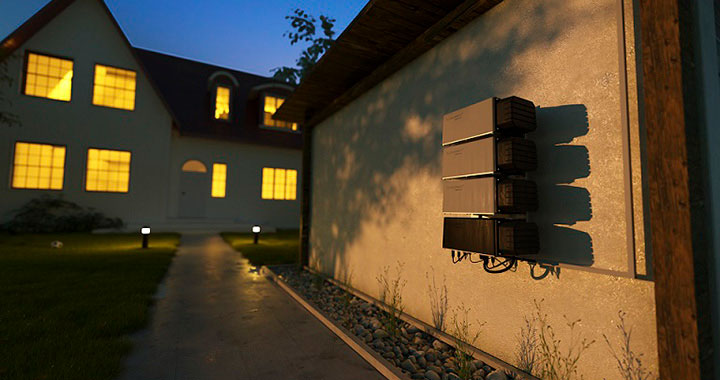
Guidehouse Insights says that the annual power capacity deployments of battery-based residential energy storage systems (RESS) are expected to grow at a CAGR of 21.3% from 2021 to 2030 globally.
By the end of the decade, the Colorado-headquartered research group predicts they will account for half of all residential power system sales, with a market share equal to gensets.
The bulk of the market is currently diesel or natural gas generators, or gensets, which made up around 80% of annual installations last year with battery energy storage systems (BESS) the remainder. But Guidehouse expects genset installations to remain flat over the decade with BESS growing to become about half of annual installed capacity by 2030.
“While gensets continue to be popular, the most significant trend is the increasing adoption of battery-based RESSs,” said William Hughes, principal research analyst with Guidehouse Insights.
“This trend follows the increasing adoption of solar panels by homeowners because the sale of battery-based RESSs is almost always accompanied by solar panels.”
One interesting reference point that Energy-Storage.news has noted is the move by US backup power solutions specialist Generac, one of the country’s biggest manufacturers and vendors of gensets, into offering battery energy storage for homeowners, with sales experiencing a surge during 2021, driven by customers’ awareness of blackout events. The company recently added the ability for its PWRcell-branded home battery units to sell power back to the grid.
A third technology alongside gensets and BESS is thermal energy storage, but Guidehouse has not publicly revealed expected growth or the 2030 proportion of installations.
The research firm says that the main driver for homeowners to install storage is to reduce inconveniences associated with power outages and in some cases, reduce costs and increase their use of renewable power.
But it cautions that the sector faces many challenges. These can be immediate problems like how complicated it is to get accurate information on merits and costs, the need for onsite evaluations and the wide variety and specificity of available subsidies.
Less tangible but still relevant is the tarnishing of the industry’s reputation because of exaggerated claims and business failures by industry players, Guidehouse said, which slows the adoption of residential BESS. This explains why some homeowners still opt for established technology like gensets.